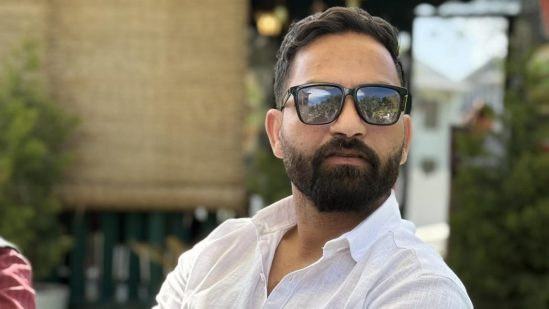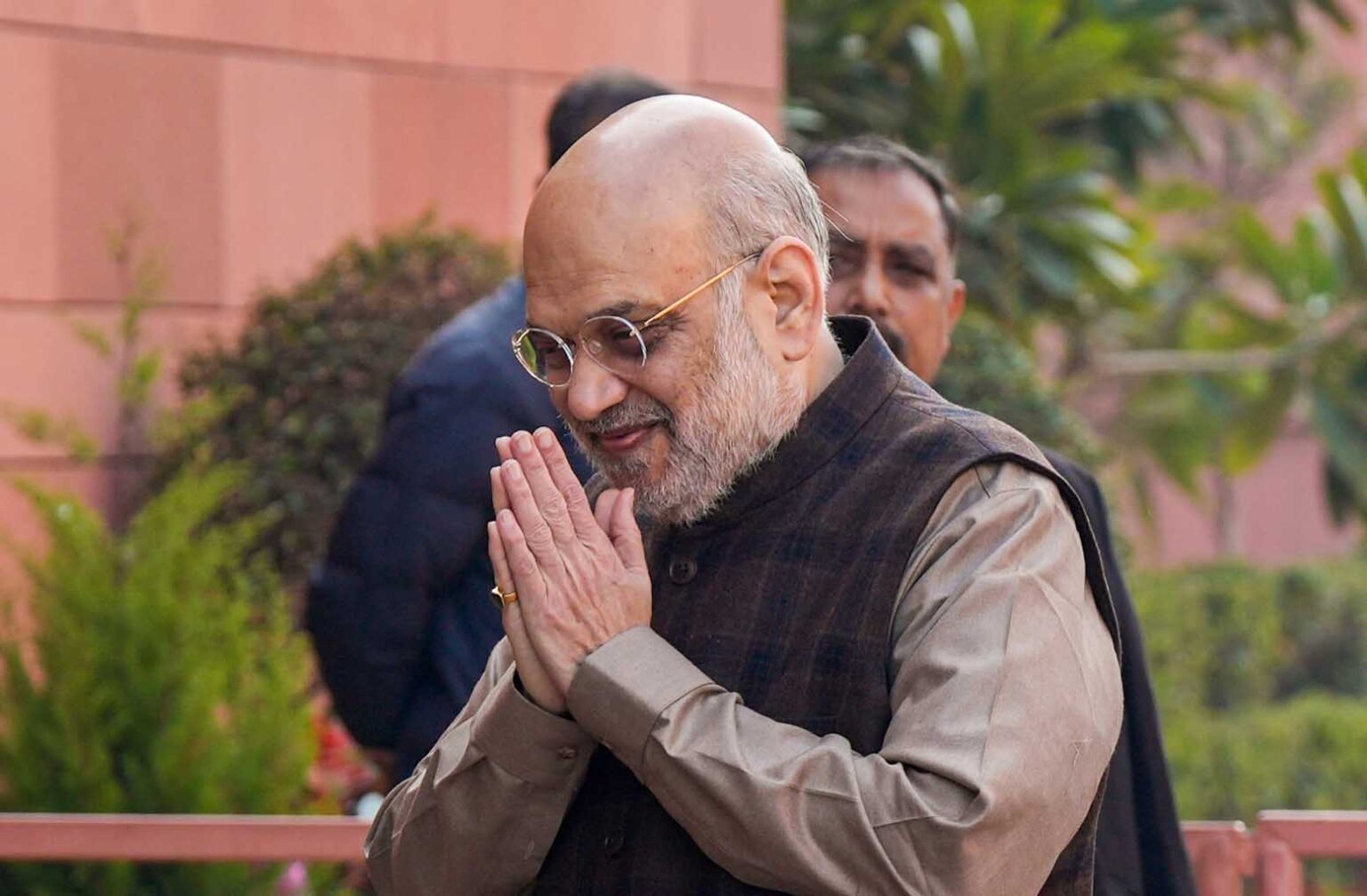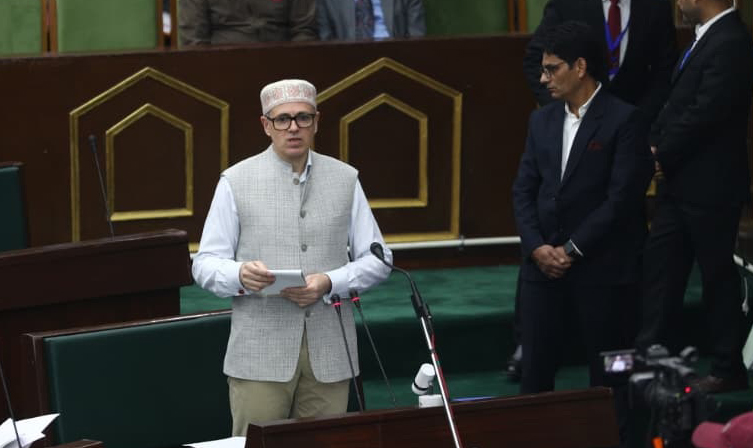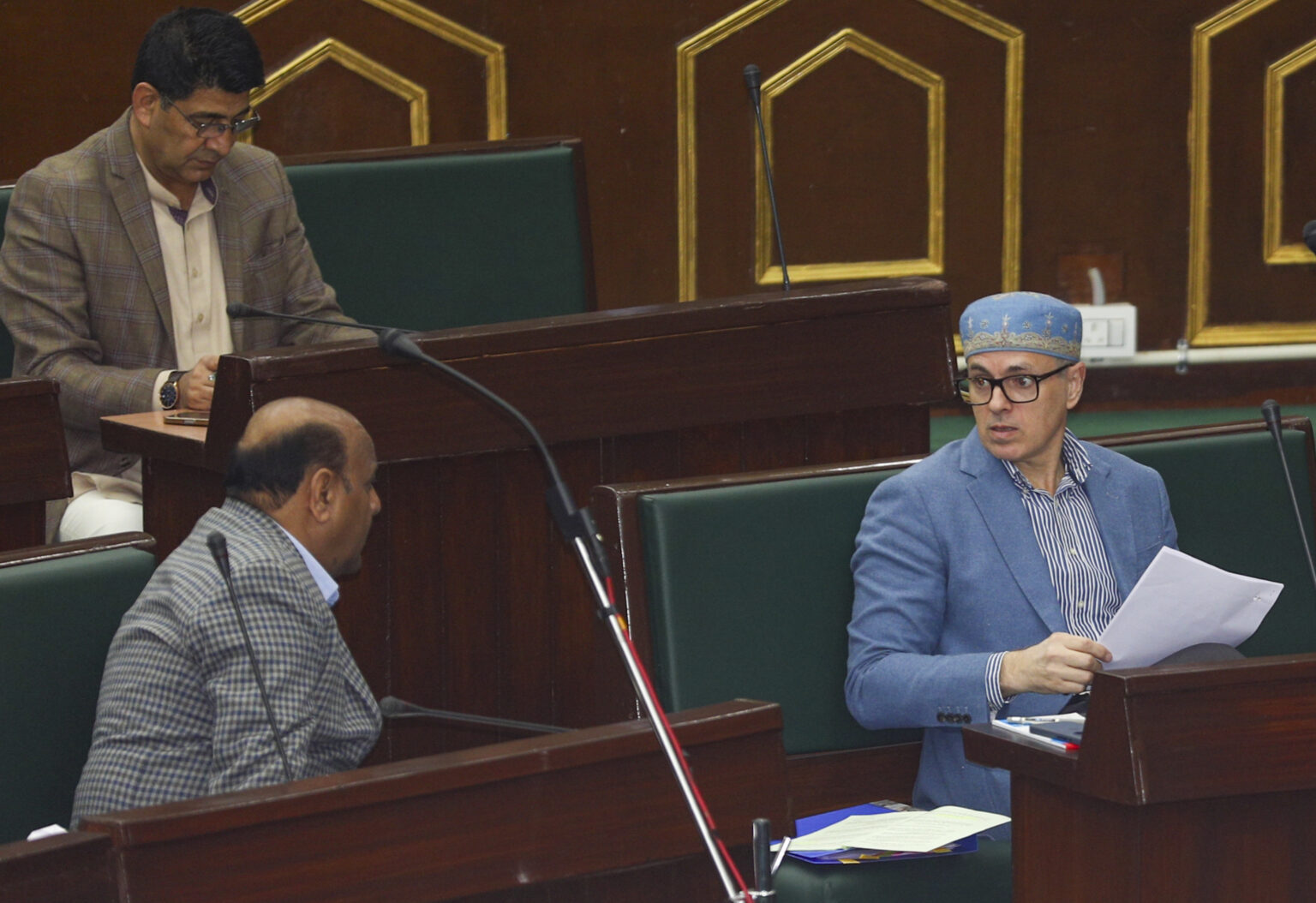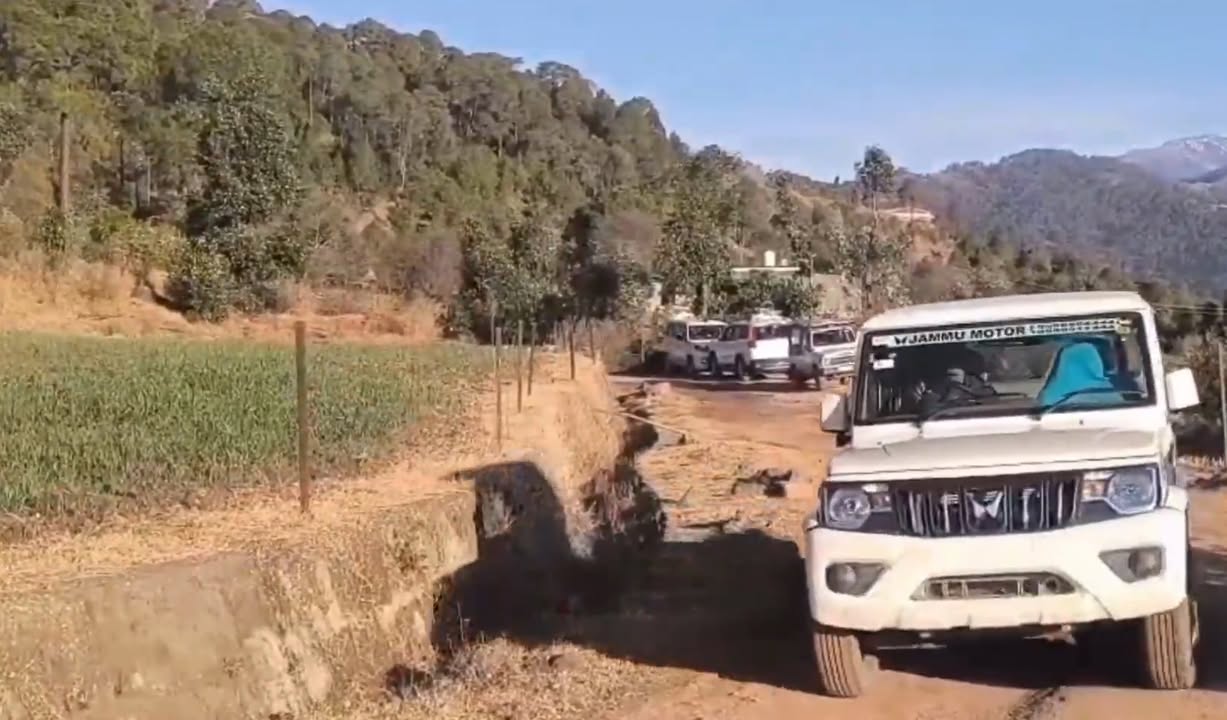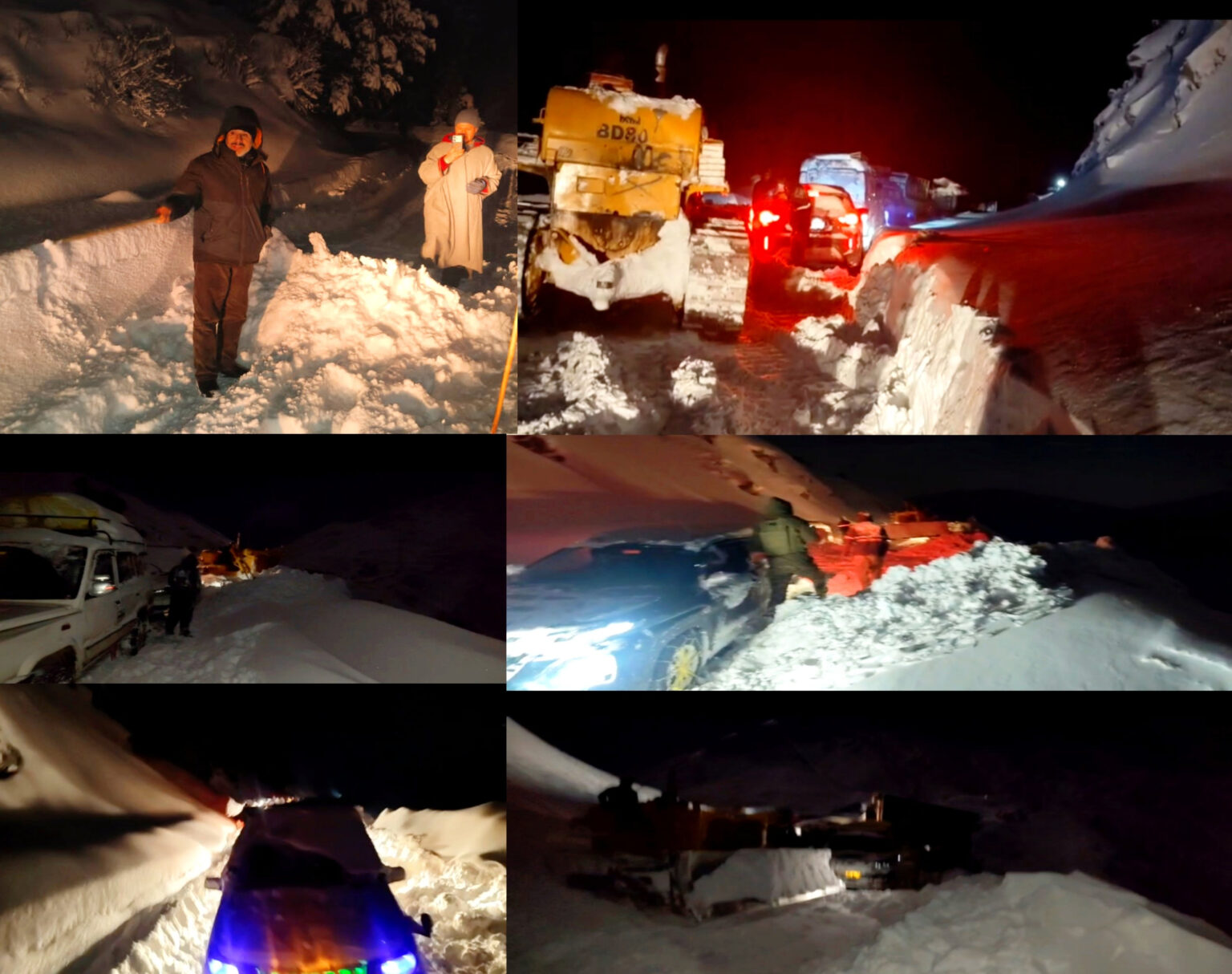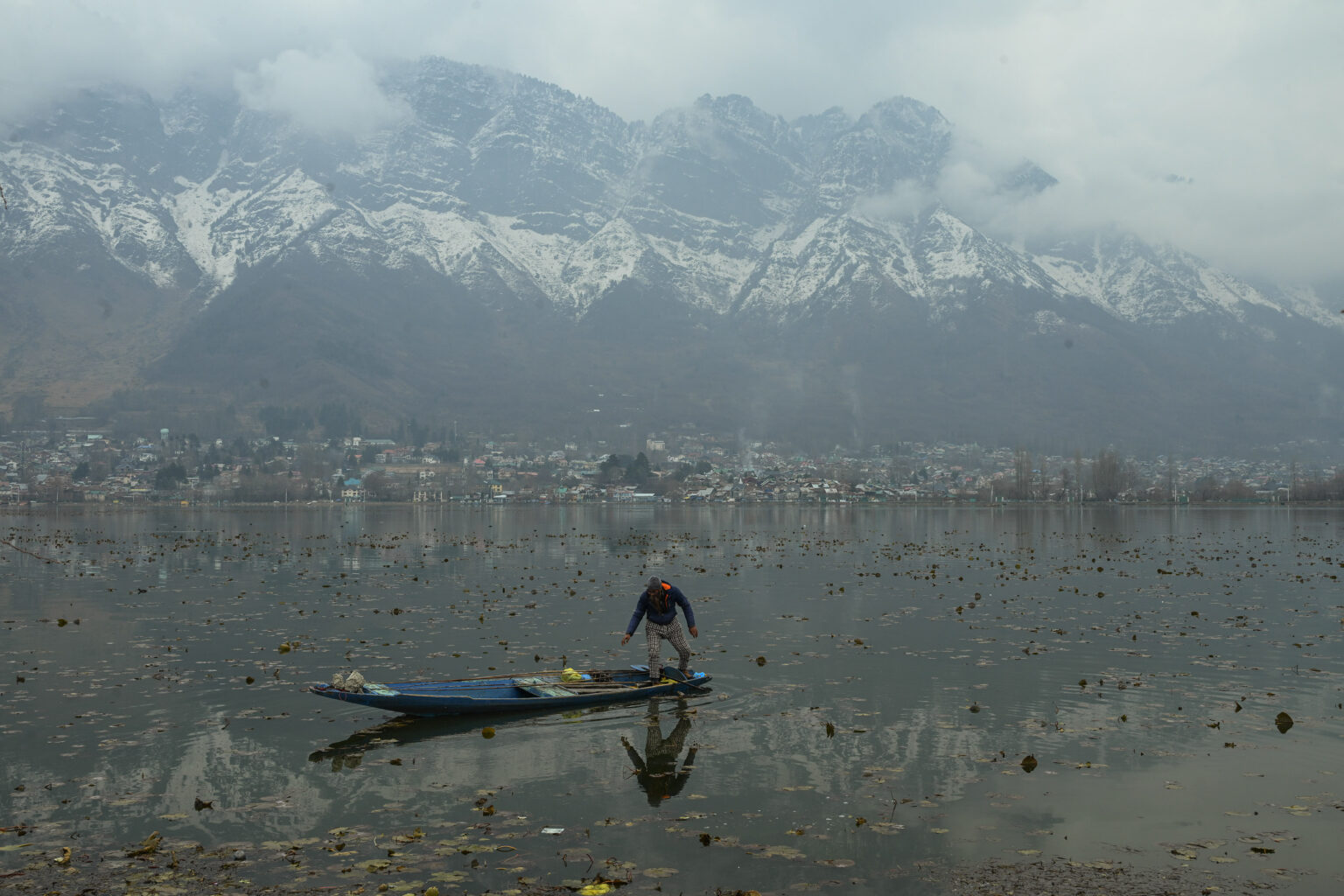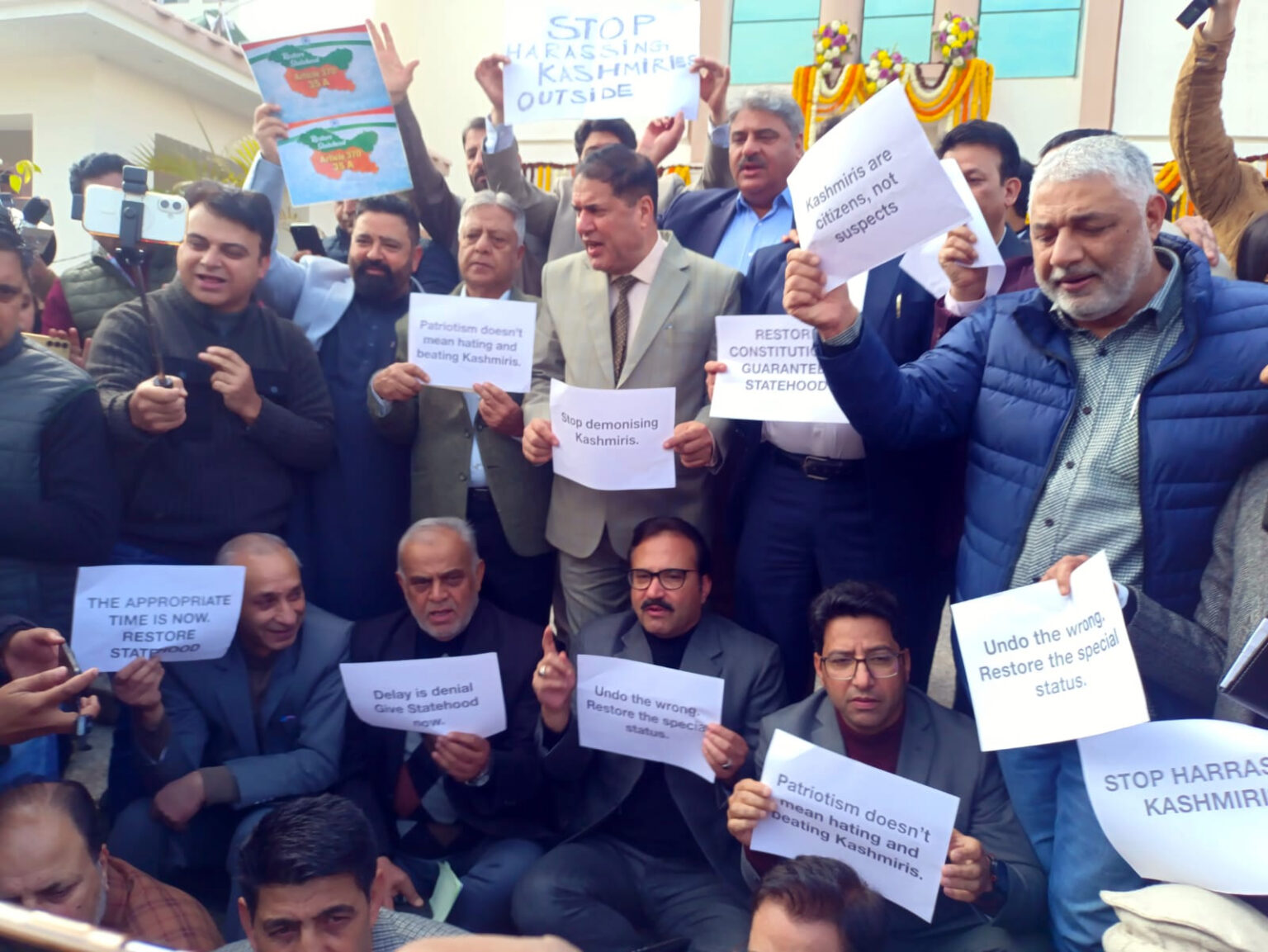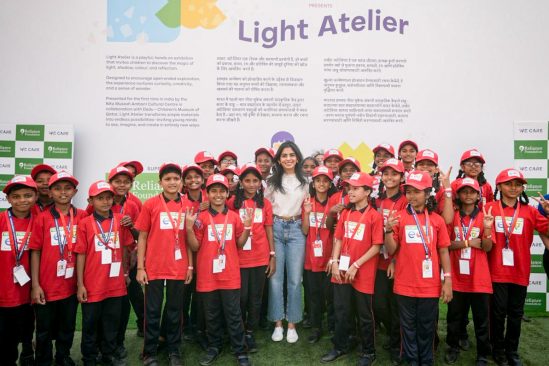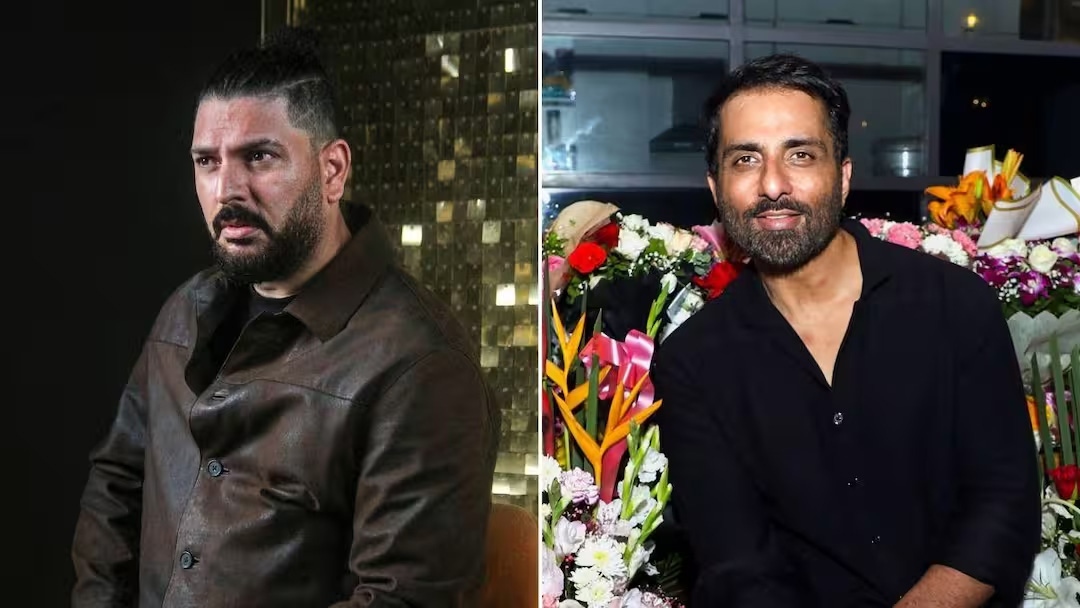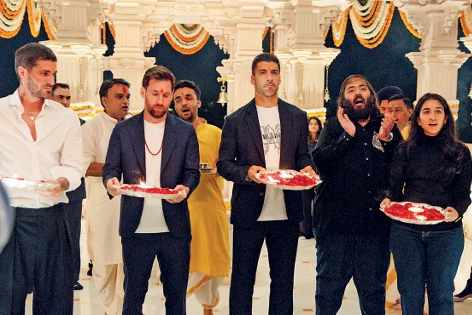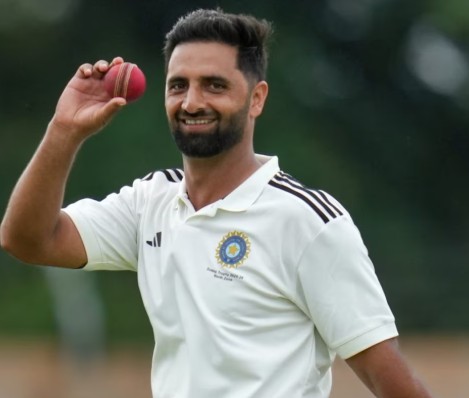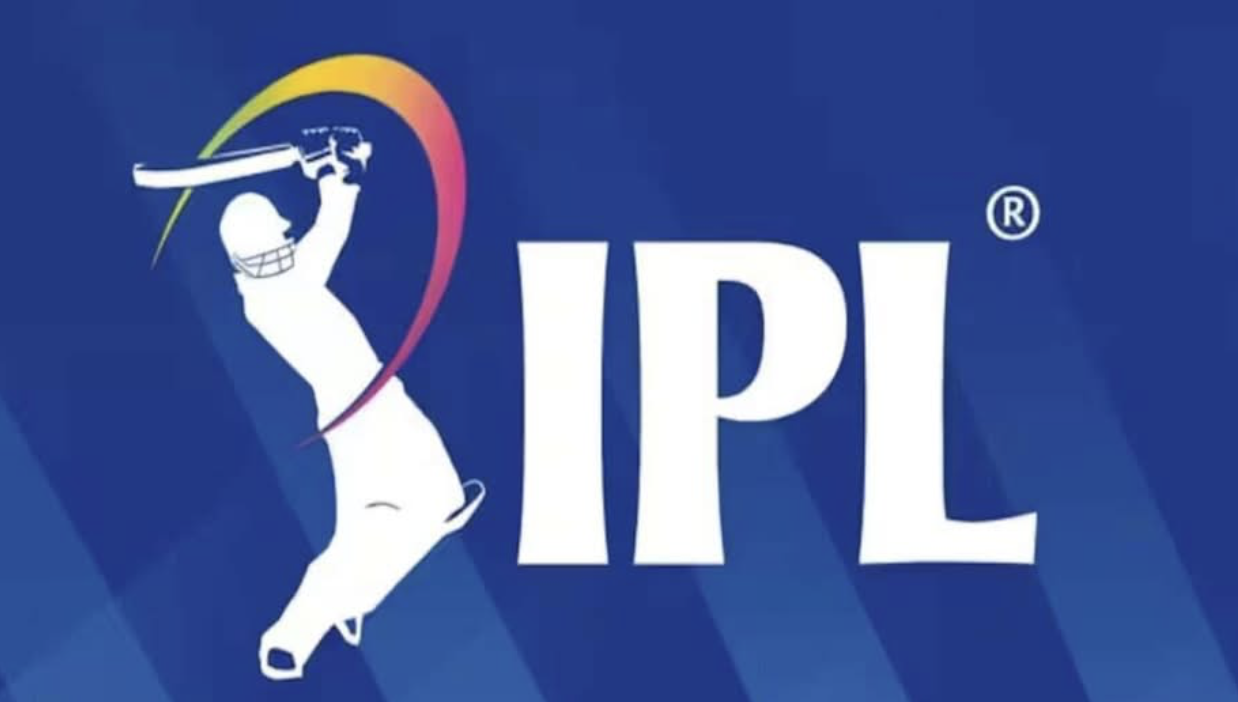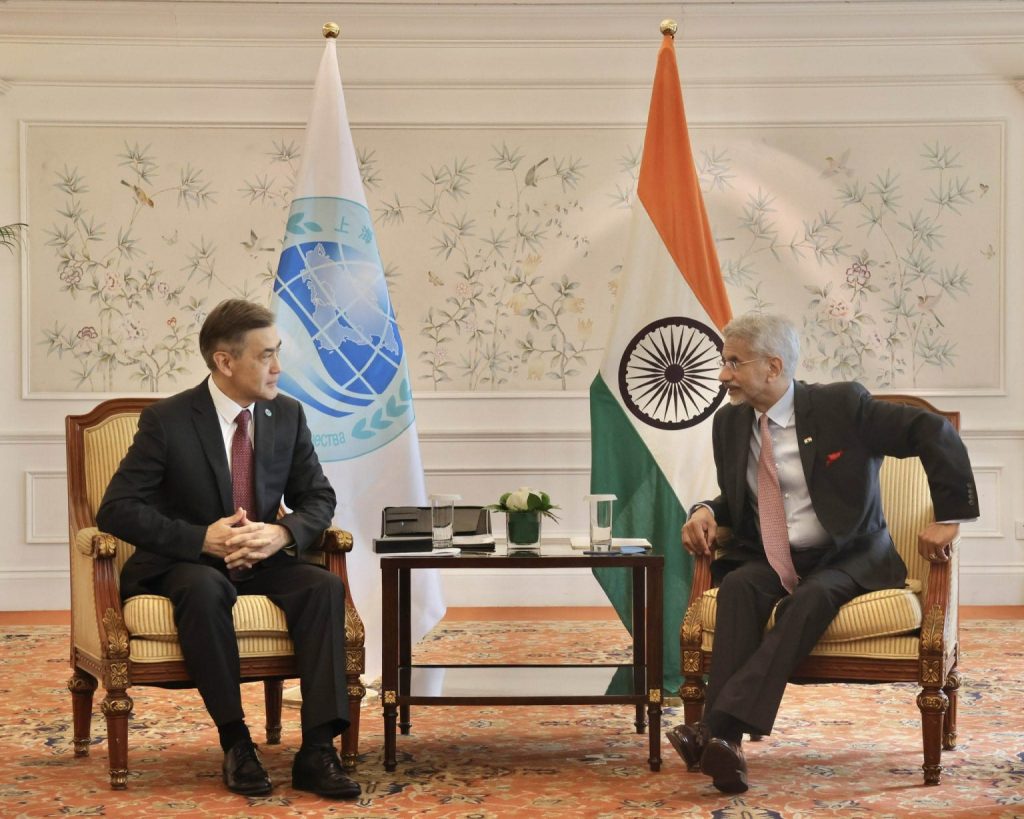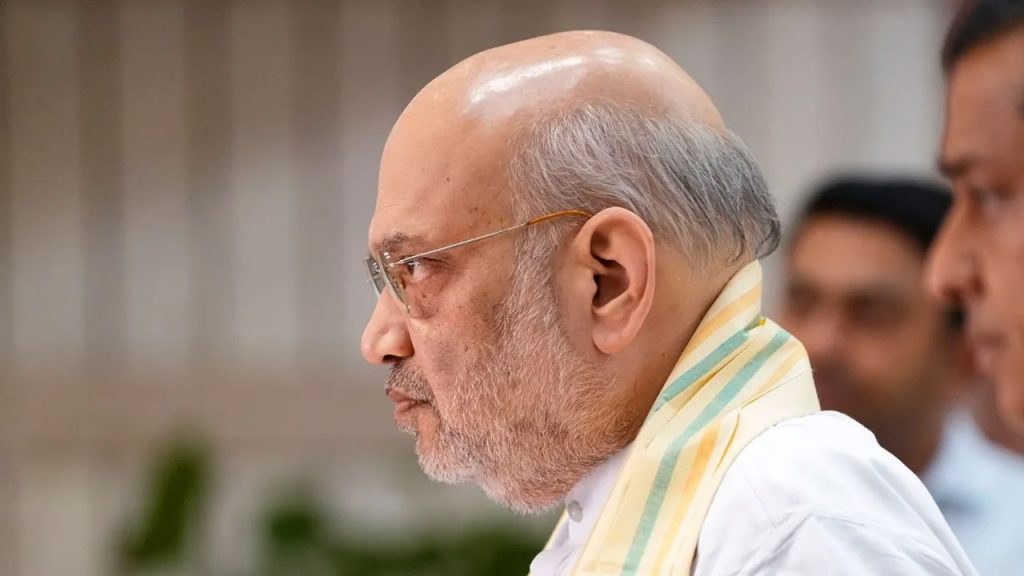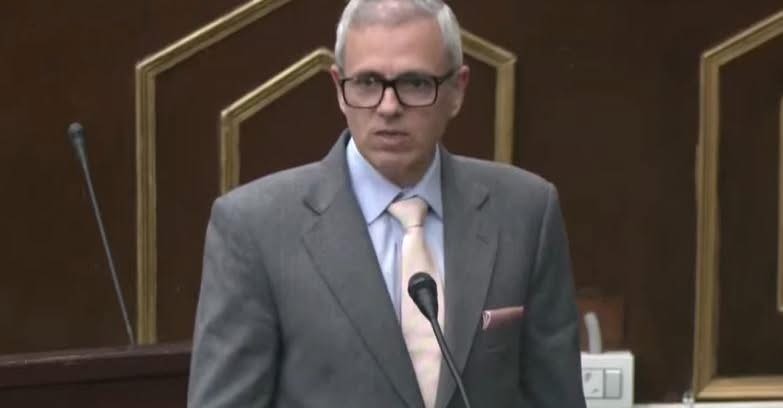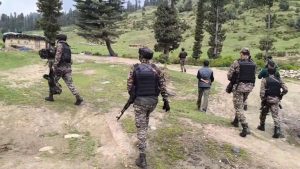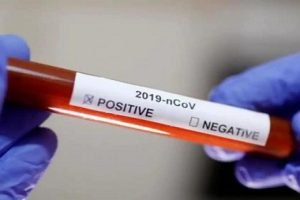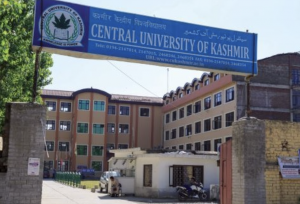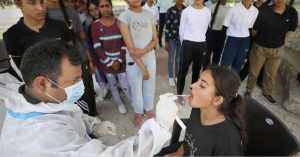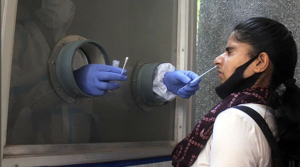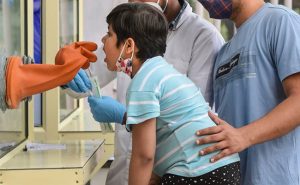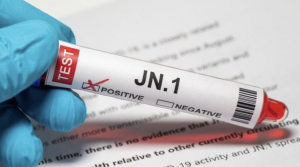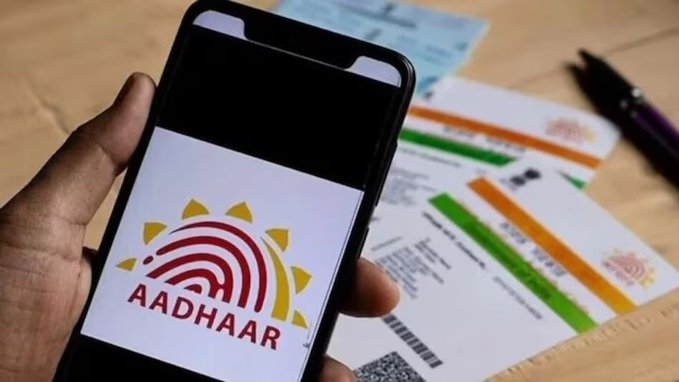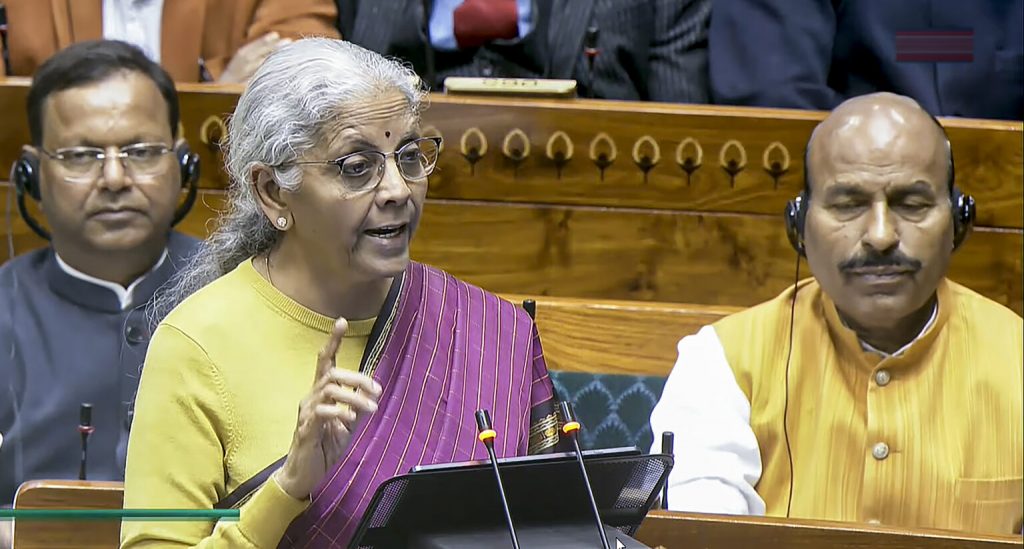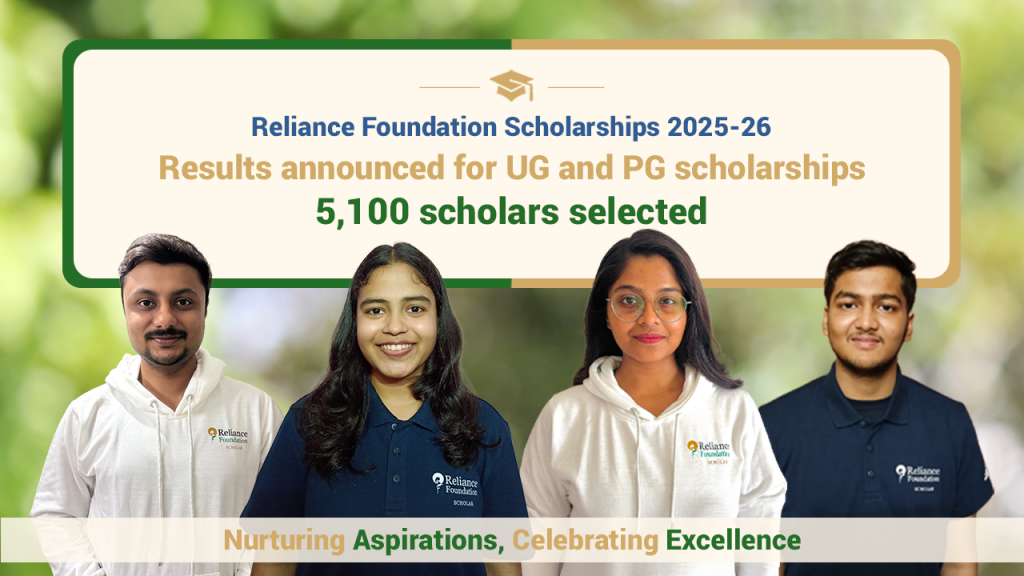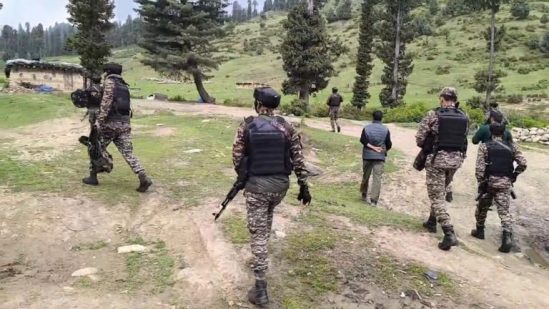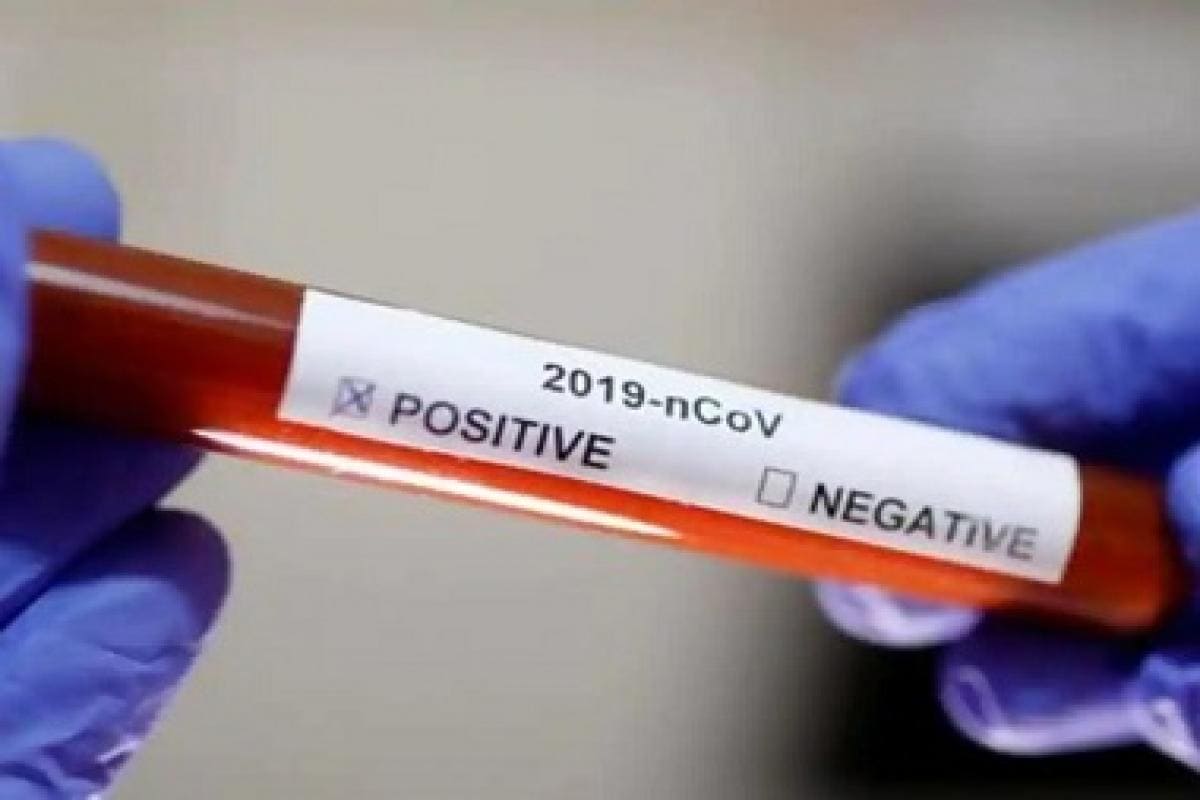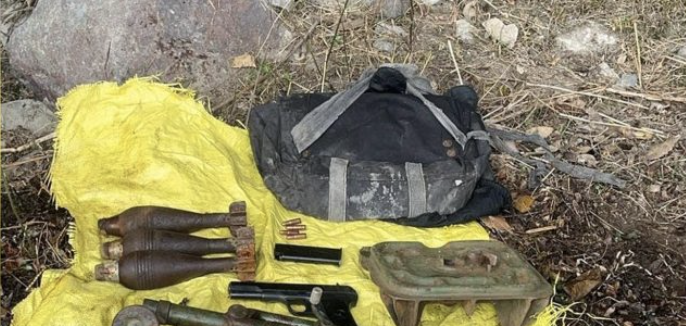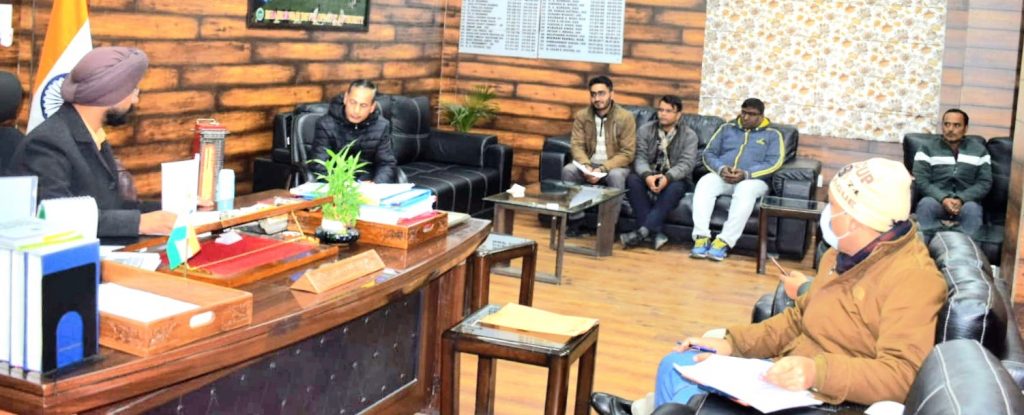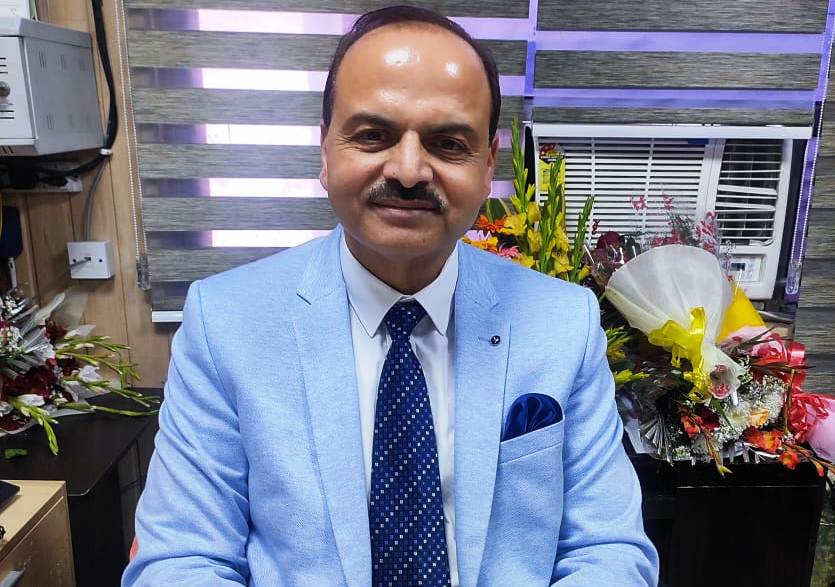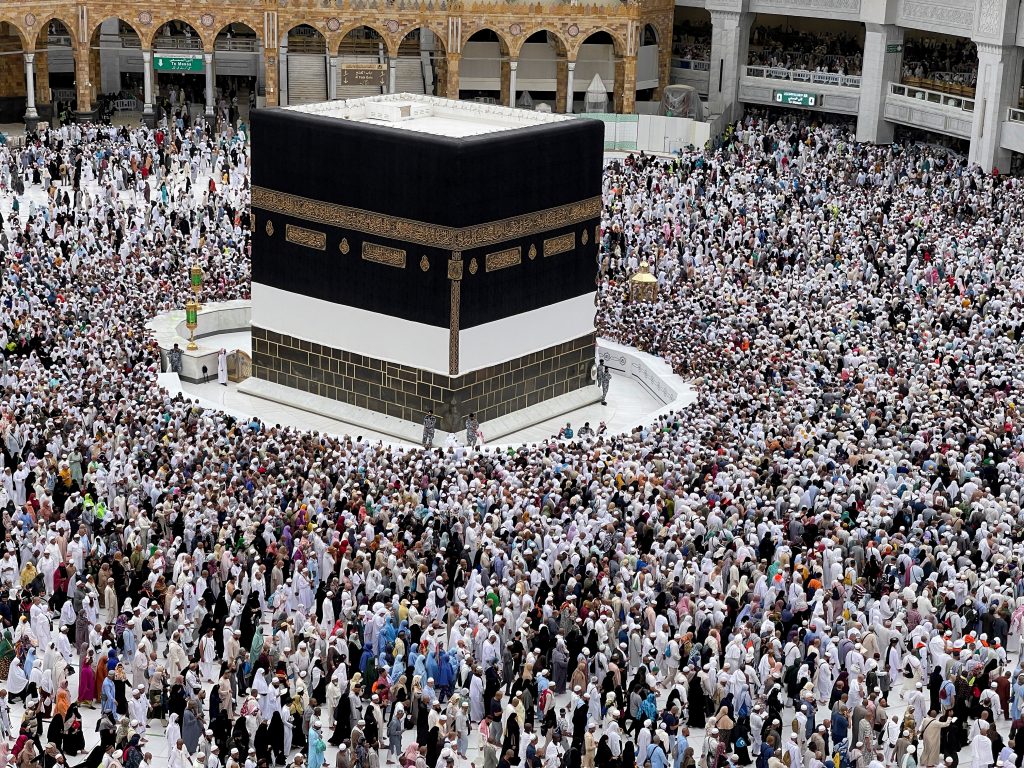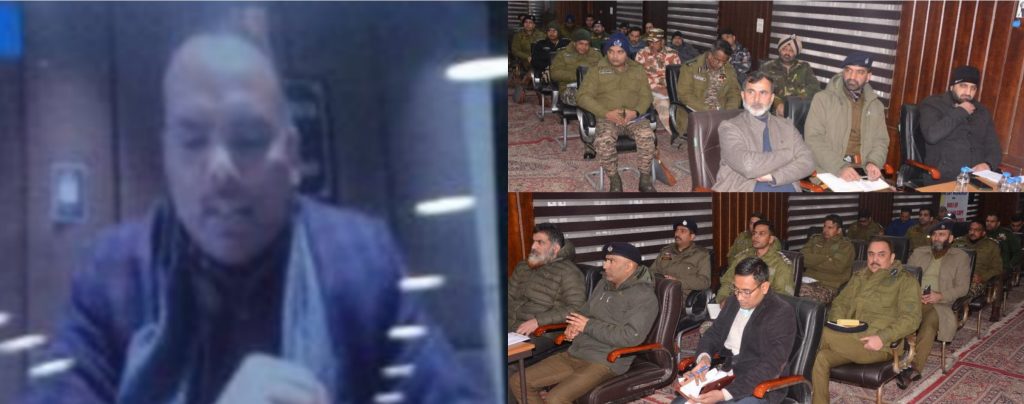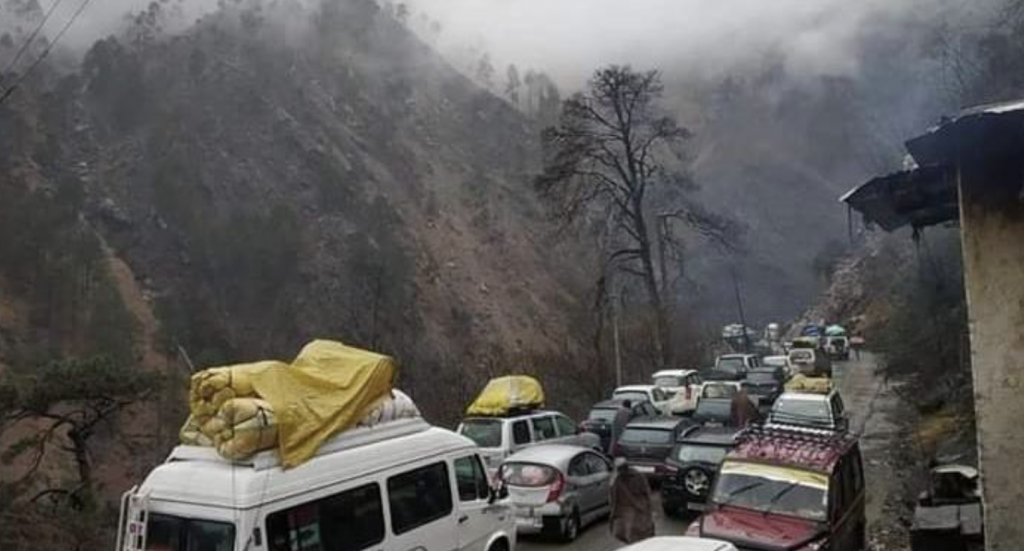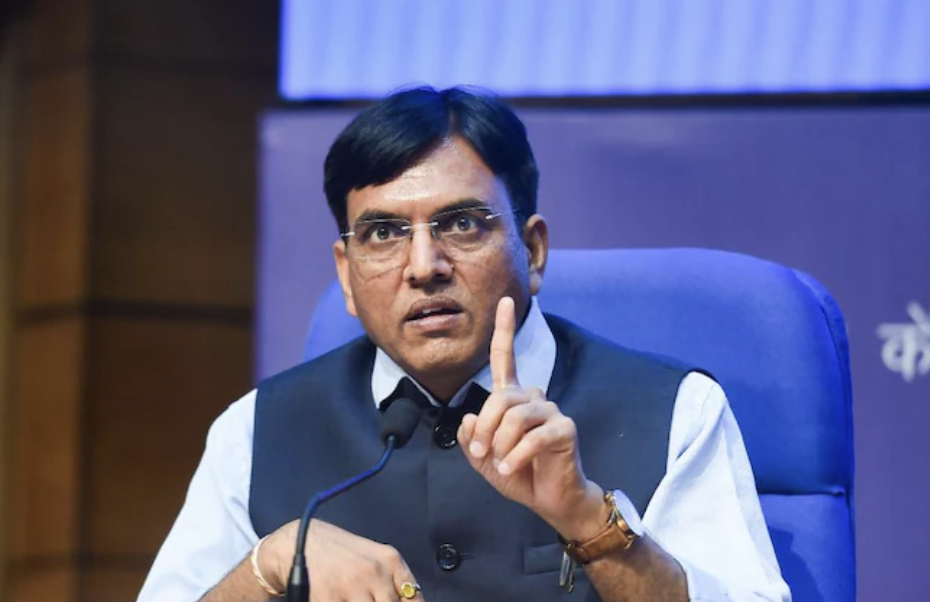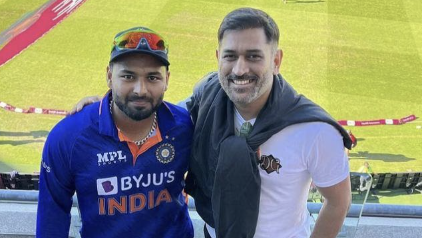NEW DELHI: For a while now, Rishabh Pant has been getting advice from Mahendra Singh Dhoni, but there was a moment when the young keeper-batter found it difficult "to breathe" due to the similarities with the renowned former India captain. Pant, who is still in recovery from a near-fatal vehicle accident in 2022, said that Dhoni is currently the only person he feels safe talking almost anything about in his life with. However, he also acknowledged that in the early stages of his career, it was difficult to accept comparisons to the legendary Ranchi man. "I used to have terrible feelings. When I was 20 or 21 years old, I used to cry and go back to my room. I was breathing heavily under pressure. I was under a lot of strain and wasn't sure what to do. As the audience began to shout "Dhoni Dhoni," I missed a stumping in Mohali," Pant claimed in a "Star Sports" series that chronicled his recuperation from the injury. Speaking about his relationship dynamics with the 2011 World Cup winner, Pant stated that at this point he feels emotionally overloaded. It's never easy for me to describe my relationship with MS Dhoni. There are certain people you may speak freely with. All of this is discussed with MSD. He's taught me so much already."I talk to him about things that I wouldn't talk to anyone else about. That's the nature of my relationship with him," Pant remarked. Before the terrible crash turned things ugly, Pant, who was unquestionably India's greatest game-changer in Test cricket, admitted that he was honestly perplexed by the comparisons to Dhoni, a true legend. "To begin with, I didn't understand the purpose of the questions. People were discussing me as a replacement when I had just joined the squad," Pant remarked. "Why were people asking such pointed questions of a child? For what reason are you drawing comparisons? There ought to be no analogy whatsoever. While some have played 500 matches, others have just played five. The comparison is unfair because there have been so many ups and downs throughout the lengthy road." Pant remarked that for helping him feel at ease when he initially arrived, elders like Yuvraj Singh would always have his gratitude. "I was extremely young when we started, and there were a lot of experienced players—a lot of them, in fact. Seniors Yuvraj Singh and MS were present. I didn't feel like they were extremely seniors, but it does take some time. They were really kind and made me feel at home. Every new player feels extremely at ease with them. "This is the Indian team's culture," he declared. [caption id="attachment_10137" align="alignnone" width="300"] Comparisons…

